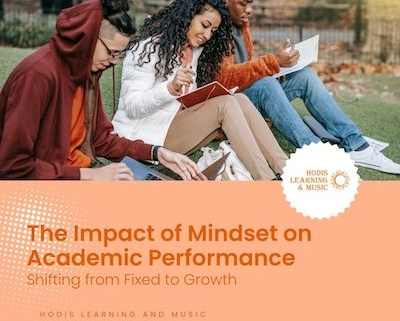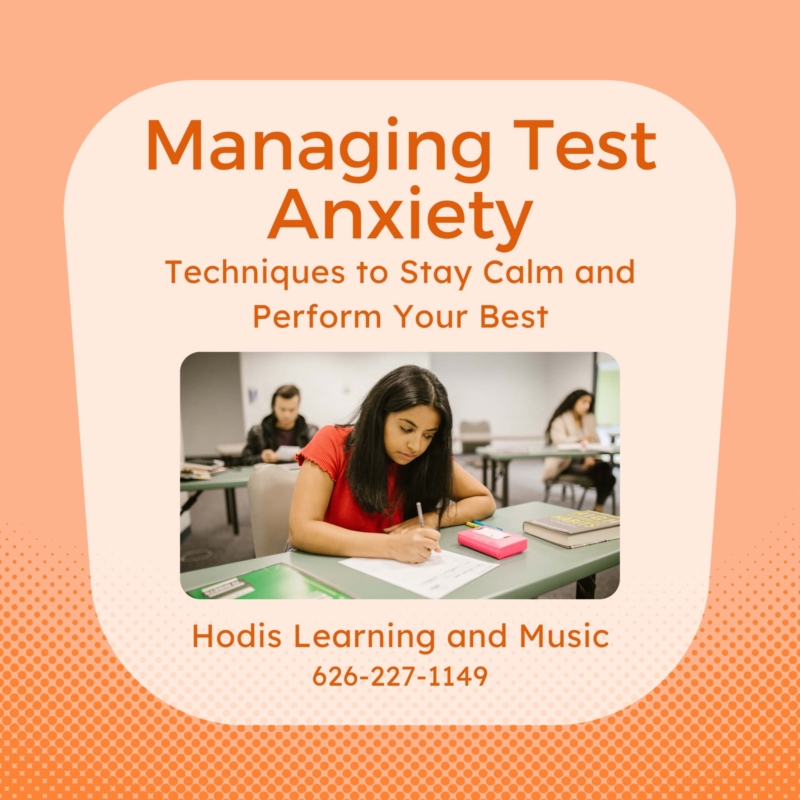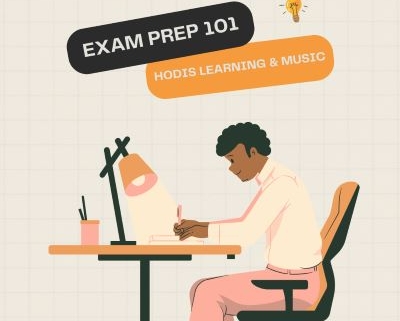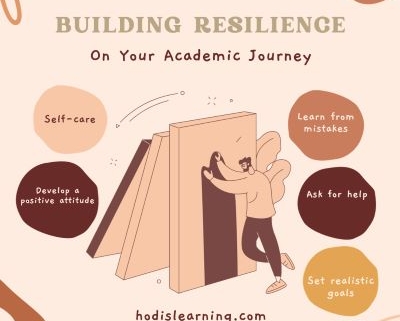In today’s standard classroom environment, many students might struggle to keep up and stay on track. Large class sizes and standardized teaching methods make it challenging for children to receive the individual attention they need to actually learn. This is where the benefits of one-on-one tutoring become apparent. Personalized tutoring not only helps students catch up but can also propel them ahead by catering to their unique learning styles and needs. We’ll explore the advantages of one-on-one tutoring and how it can make a difference for your child.
Customized Learning Plans
One of the greatest benefits of one-on-one tutoring is the ability to create a customized learning plan. Traditional classroom settings follow a curriculum designed to meet the needs of many, whereas one-on-one tutoring focuses solely on your child. A private tutor can assess your child’s strengths and weaknesses, understanding their learning style, pace, and interests. From there, the tutor can design a plan that targets areas for improvement while also enhancing strengths.
Let’s say your child struggles with math. A tutor would be able to hone in on exactly what areas they struggle with, which is mainly word problems. The tutor might also learn that your student loves sports. As a way to combine your child’s interests with learning, the tutor might create sports-themed word problems or integrate sports statistics into lessons.
Paced Learning: Progress at the Right Speed
In a classroom, teachers often move at a pace that suits the majority of the class, leaving some students feeling lost while others may not feel challenged enough. One-on-one tutoring addresses this issue by allowing students to learn at their own pace. This means that difficult concepts can be revisited until they are fully understood, and easier topics can be quickly reviewed without unnecessary repetition.
Paced learning is especially beneficial for students who may feel overwhelmed in a classroom setting. It allows them to build confidence as they master each topic before moving on, ensuring a solid foundation is built without gaps in understanding. Conversely, students who are quick learners can explore advanced topics, keeping them engaged and motivated.
Focused Attention & a Distraction-Free Environment
In a traditional classroom, distractions are inevitable. Whether it’s noise from other students, limited teacher attention, or just the challenge of keeping up, these distractions can hinder a child’s ability to learn effectively. One-on-one tutoring provides a focused environment where your child can receive the undivided attention of a skilled tutor.
This focused attention means that your child’s specific questions and concerns can be addressed immediately, without the fear of being overlooked. It also allows the tutor to pick up on subtle cues, such as confusion or frustration, and adapt the lesson or teaching method accordingly. The result is a more productive learning experience that meets your child’s needs.
Building Confidence and Motivation
In addition to improving academic performance, one-on-one tutoring also builds confidence and motivation. When students receive personalized support and see progress, they can develop a more positive attitude toward learning. This positive attitude and boost in self-esteem can have far-reaching effects, influencing not only their academic performance but also their overall resilience.
By setting and achieving goals, students learn the value of perseverance and hard work. This sense of accomplishment is a powerful motivator that can inspire them to tackle even the most daunting subjects.
Success Stories from One-on-One Tutoring
“Muan (math tutor) was great to work with. He helped prepare daughter for the assessment, giving appropriate practices and exercises during the week to work on and explaining concepts that needed more support… Would definitely recommend”
“Hodis Learning & Music provided help and advice appropriate for our student’s need. Miss Rachel, our tutor, was equally professional, always on time, and responsive to our student’s reading level and attitude towards an academic challenge.“
“My daughter needed help with her level 3 Spanish class and found an excellent tutor with Hodis. She gained her confidence back and started really enjoying her class and class work.”
The Lasting Impact of One-on-One Tutoring
Investing in one-on-one tutoring is an investment in your child’s future. With customized learning plans, paced learning, and focused attention, personalized tutoring offers a unique opportunity to address your child’s individual needs and unlock their full potential. Whether your child needs help catching up, staying on track, or pushing ahead, one-on-one tutoring can provide the support they need to succeed academically and beyond.
If you’re looking to give your child the advantage of personalized education, consider one-on-one tutoring with Hodis Learning & Music. Learn more about all the subjects we tutor, or call or submit a form on our website to sign up.










